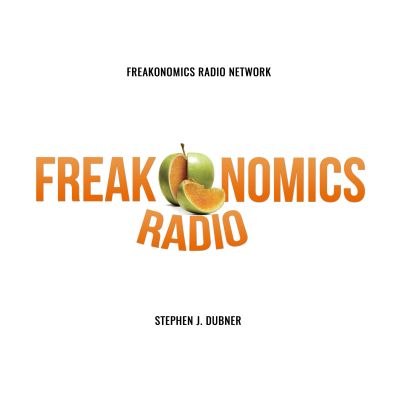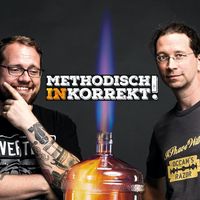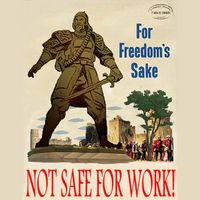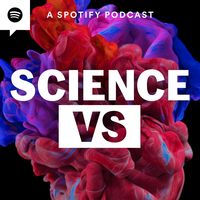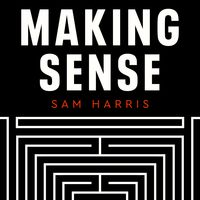Freakonomics co-author Stephen J. Dubner uncovers the hidden side of everything. Why is it safer to fly in an airplane than drive a car? How do we decide whom to marry? Why is the media so full of bad news? Also: things you never knew you wanted to know about wolves, bananas, pollution, search engines, and the quirks of human behavior. Join the Freakonomics Radio Plus membership program for weekly member-only episodes of Freakonomics Radio. You’ll also get every show in our network without ads. To sign up, visit our show page on Apple Podcasts or go to freakonomics.com/plus.
https://freakonomics.com
Gesamtlänge aller Episoden: 22 days 3 hours 14 minutes
recommended podcasts
episode 589: 589. Why Has the Opioid Crisis Lasted So Long?
Most epidemics flare up, do their damage, and fade away. This one has been raging for almost 30 years. To find out why, it’s time to ask some uncomfortable questions. (Part one of a two-part series.)
Extra: Car Colors & Storage Units
Presenting two stories from "The Economics of Everyday Things": Why does it seem like every car is black, white, or gray these days? And: How self-storage took over America.
episode 588: 588. Confessions of a Black Conservative
The economist and social critic Glenn Loury has led a remarkably turbulent life, both professionally and personally. In a new memoir, he has chosen to reveal just about everything. Why?
episode 587: 587. Should Companies Be Owned by Their Workers?
The employee ownership movement is growing, and one of its biggest champions is also a private equity heavyweight. Is this meaningful change, or just window dressing?
episode 586: 586. How Does the Lost World of Vienna Still Shape Our Lives?
From politics and economics to psychology and the arts, many of the modern ideas we take for granted emerged a century ago from a single European capital. In this episode of the Freakonomics Radio Book Club, the historian Richard Cockett explores all those ideas — and how the arrival of fascism can ruin in a few years what took generations to build.
Extra: Why Is 23andMe Going Under? (Update)
Five years ago, we published an episode about the boom in home DNA testing kits, focusing on the high-flying firm 23andMe and its C.E.O. Anne Wojcicki. Their flight has been extremely bumpy since then. This update includes an additional interview with the Wall Street Journal reporter who has been investigating the firm’s collapse.
episode 585: 585. A Social Activist in Prime Minister’s Clothing
Justin Trudeau, facing record-low approval numbers, is doubling down on his progressive agenda. But he is so upbeat (and Canada-polite) that it’s easy to miss just how radical his vision is. Can he make it work?
episode 584: 584. How to Pave the Road to Hell
So you want to help people? That’s great — but beware the law of unintended consequences. Three stories from the modern workplace.
Extra: The Men Who Started a Thinking Revolution (Update)
The psychologist Daniel Kahneman — a Nobel laureate and the author of “Thinking, Fast and Slow” — recently died at age 90. Along with his collaborator Amos Tversky, he changed how we all think about decision-making. The journalist Michael Lewis told the Kahneman-Tversky story in a 2016 book called "The Undoing Project." In this episode, Lewis explains why they had such a profound influence.
episode 495: Why Are There So Many Bad Bosses? (Update)
People who are good at their jobs routinely get promoted into bigger jobs they’re bad at. We explain why firms keep producing incompetent managers — and why that’s unlikely to change.
